Our history is brimming with innumerable incidents that have crafted the world we live in. More often than not, we’re only taught about the most popular or prominent events. Yet, there are countless lesser-known historical occurrences that have significantly influenced our world, despite their relative obscurity.
From battles and revolts to natural disasters and social movements, these events have had a lasting impact on our world and are worth learning about. So sit back, grab a snack, and let’s take a journey through history to discover some of the most fascinating and unknown events that have shaped our world.
Here are 25 Historical Events That You Didn’t Know Of
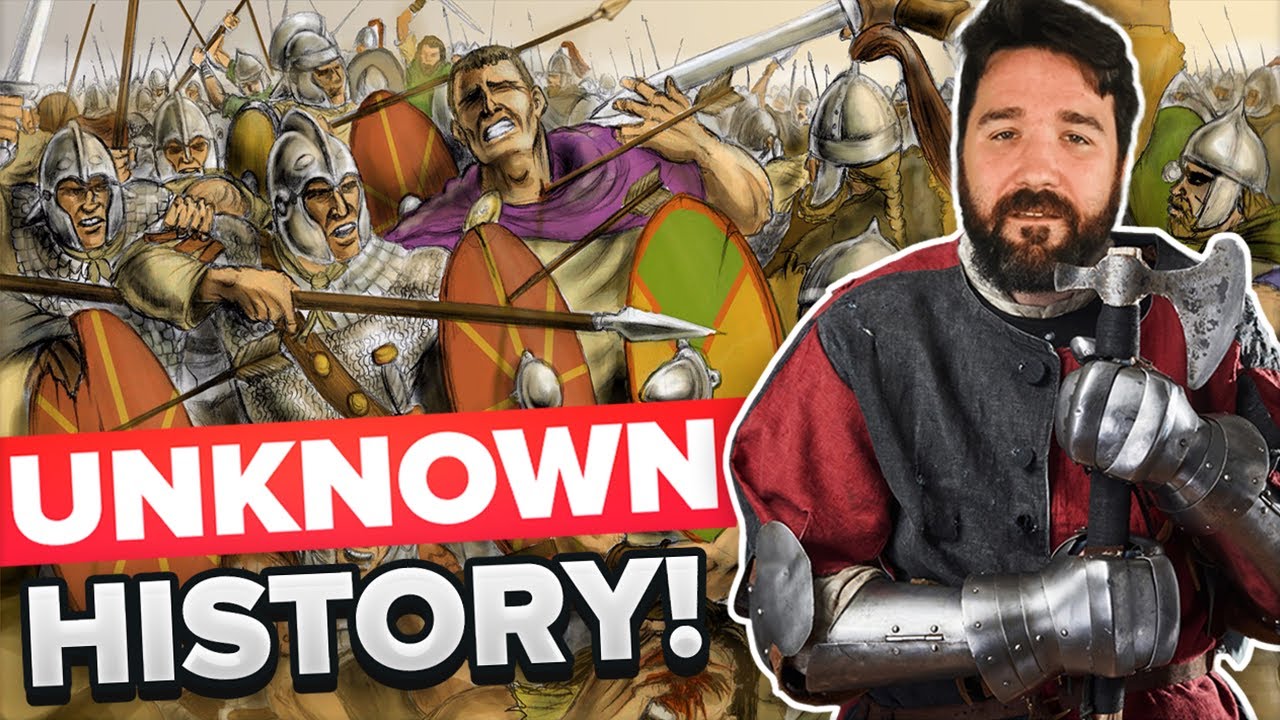
The Taiping Rebellion (1851-1864 AD)
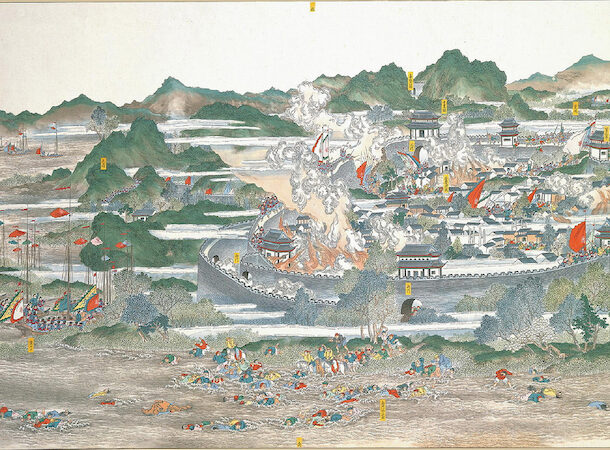 https://en.wikipedia.org/wiki/Taiping_Rebellion
https://en.wikipedia.org/wiki/Taiping_Rebellion The Taiping Rebellion had a significant impact on China, as it was one of the most destructive civil wars in history and it also had an impact on the relationship between China and foreign powers. It also had an impact on the development of China’s economy and society, as it led to the weakening of the Chinese government and the emergence of new religious and political movements.
The rebellion is not well-known but it is considered an important event in the history of China, as it highlights the impact of poverty, corruption and natural disasters on society, and the consequences of religious and political movements.
The Kangaroo Wars (1821-1830 AD)
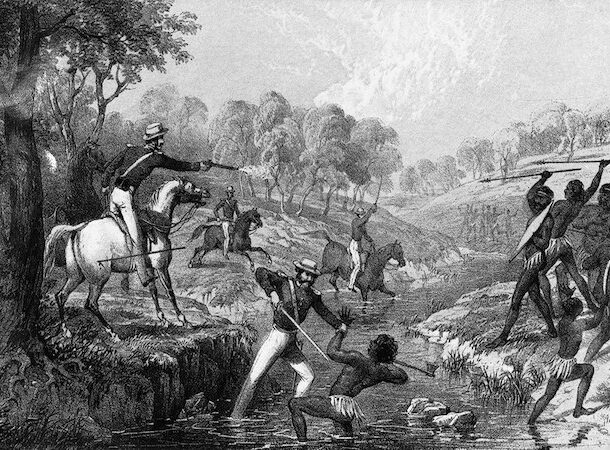 https://en.wikipedia.org/wiki/Australian_frontier_wars
https://en.wikipedia.org/wiki/Australian_frontier_wars The Kangaroo Wars, also known as the Koori Wars, were a series of conflicts that took place in Australia between 1821 and 1830. The wars were fought between European settlers and Indigenous Australians, specifically the Dharug and Dharawal peoples of the Sydney region.
The conflicts were sparked by the displacement of Indigenous peoples from their traditional lands, as well as the violence and mistreatment of Indigenous peoples by the settlers.
The Glorious Revolution (1688 AD)
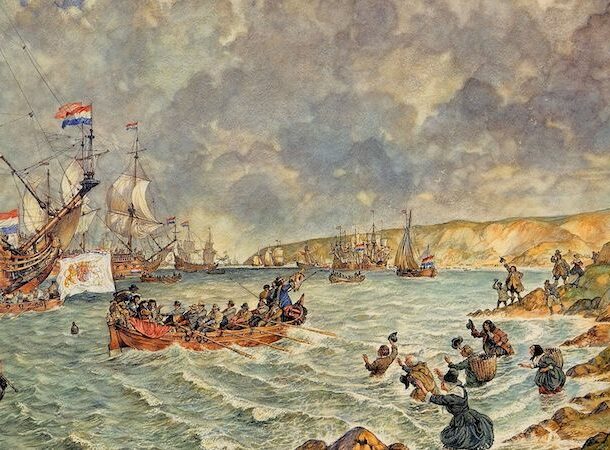 https://en.wikipedia.org/wiki/Glorious_Revolution
https://en.wikipedia.org/wiki/Glorious_Revolution The Glorious Revolution was sparked by a number of factors, including James II’s efforts to centralize power, his religious policies, and his attempts to create an absolutist monarchy. A group of powerful English nobles, known as the “Immortal Seven,” invited William of Orange, the Protestant stadtholder of the Dutch Republic, to invade England and depose James II.
William landed in England in 1688 and quickly gained the support of much of the country. James II fled to France, and William and Mary were crowned as joint monarchs.
The War of Jenkins' Ear (1739-1748 AD)
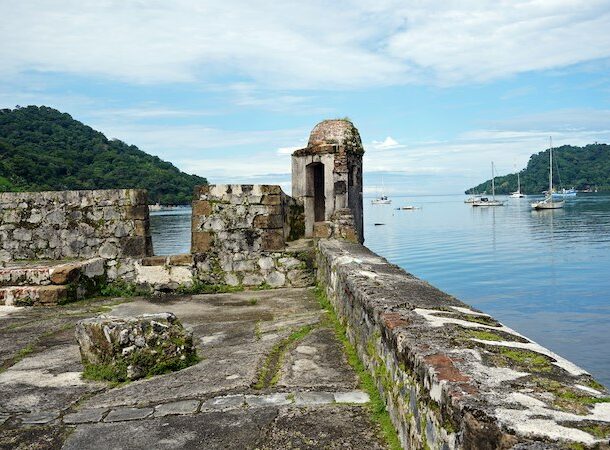 https://en.wikipedia.org/wiki/War_of_Jenkins%27_Ear#/media/File:Castillo_San_Jer%C3%B3nimo_Portobelo_09_2019_0505.jpg
https://en.wikipedia.org/wiki/War_of_Jenkins%27_Ear#/media/File:Castillo_San_Jer%C3%B3nimo_Portobelo_09_2019_0505.jpg The War of Jenkins’ Ear was a conflict between Great Britain and Spain that took place between 1739 and 1748. The war was sparked by an incident involving a British merchant ship captain, Robert Jenkins, who claimed that Spanish coast guard officials had boarded his ship and cut off his ear.
The British government used this incident as a pretext to declare war on Spain, as they saw it as an opportunity to challenge Spain’s naval power and expand their own colonial territories in the New World.
The Battle of Karánsebes (1788 AD)
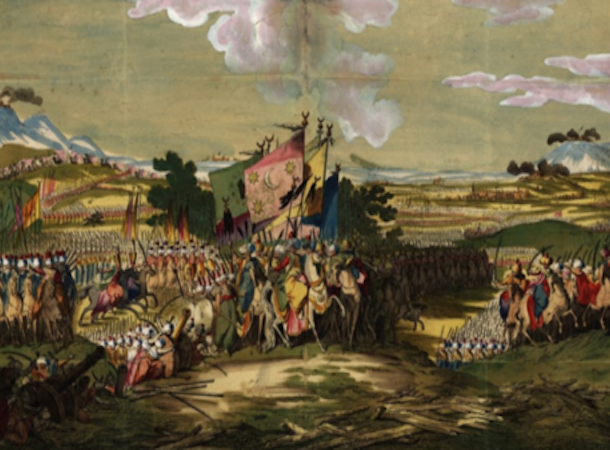 https://en.wikipedia.org/wiki/Battle_of_Kar%C3%A1nsebes
https://en.wikipedia.org/wiki/Battle_of_Kar%C3%A1nsebes The Battle of Karánsebes, also known as the Battle of Karansebes or the Battle of Karánsebeş, was a battle that took place on September 17, 1788, during the Austro-Turkish War. The battle was fought between the Austro-Hungarian army and the Ottoman army, and it ended in a defeat for the Austro-Hungarian army.
The battle was the result of a series of misunderstandings and miscommunications between the Austro-Hungarian army. The Austro-Hungarian soldiers, who were on the march to face the Ottoman army, mistook a group of their own comrades for the enemy and opened fire on them. This led to a confusion and panic, and the soldiers started to flee, which caused the entire army to retreat in disorder.
The 1857 Indian Rebellion (India)
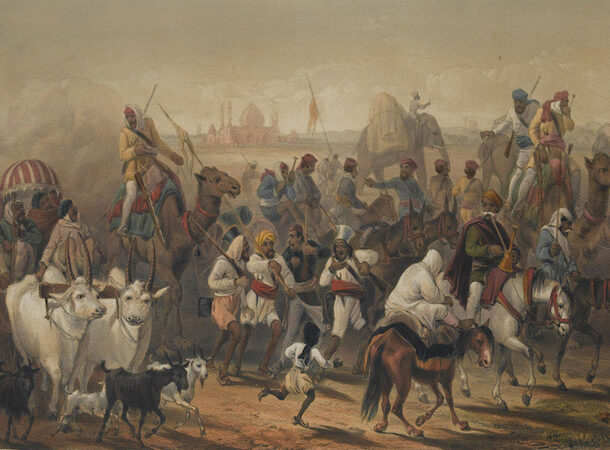 https://en.wikipedia.org/wiki/Indian_Rebellion_of_1857#/media/File:Troops_of_the_Native_Allies.jpg
https://en.wikipedia.org/wiki/Indian_Rebellion_of_1857#/media/File:Troops_of_the_Native_Allies.jpg The 1857 Indian Rebellion was a significant event in the history of India and the British Empire. It was a major challenge to the British rule in India, and it had a lasting impact on the relationship between the British and the Indian people.
The rebellion also had a significant impact on the political and social order of India, as it led to the end of the East India Company’s rule and the direct rule of India by the British government.
The 1815 eruption of Mount Tambora (Indonesia)
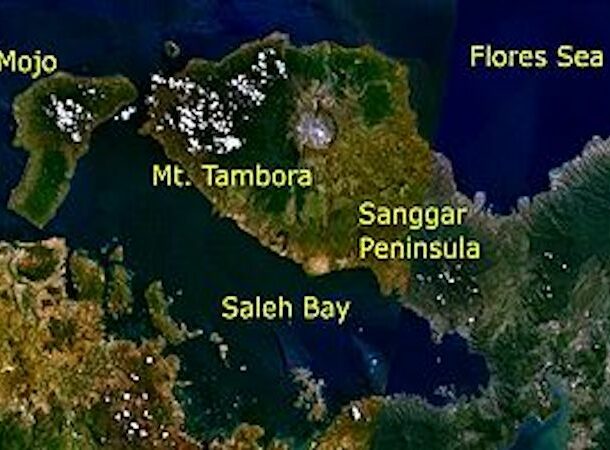 https://en.wikipedia.org/wiki/Mount_Tambora
https://en.wikipedia.org/wiki/Mount_Tambora The 1815 eruption of Mount Tambora had a significant impact on the global climate and weather patterns, causing the “Year Without a Summer” in 1816. The eruption caused a “volcanic winter” effect, with ash and gas blocking sunlight and cooling the Earth’s surface, resulting in crop failures and famine in many parts of the world.
The eruption is also considered one of the most important events in the history of the world, as it had a significant impact on the climate and weather patterns, as well as on the environment, agriculture, and human civilization.
The My Lai Massacre (1968 AD)
 https://en.wikipedia.org/wiki/M%E1%BB%B9_Lai_massacre
https://en.wikipedia.org/wiki/M%E1%BB%B9_Lai_massacre The My Lai Massacre was a mass killing of between 347 and 504 unarmed South Vietnamese civilians, mostly women, children, and elderly people, by US Army soldiers on March 16, 1968, during the Vietnam War. The massacre occurred in the hamlets of My Lai and My Khe in Quang Ngai province, and it was committed by soldiers of Charlie Company, 1st Battalion, 20th Infantry Regiment, 11th Brigade, 23rd Infantry Division.
The Ipuwer Papyrus (Ancient Egypt)
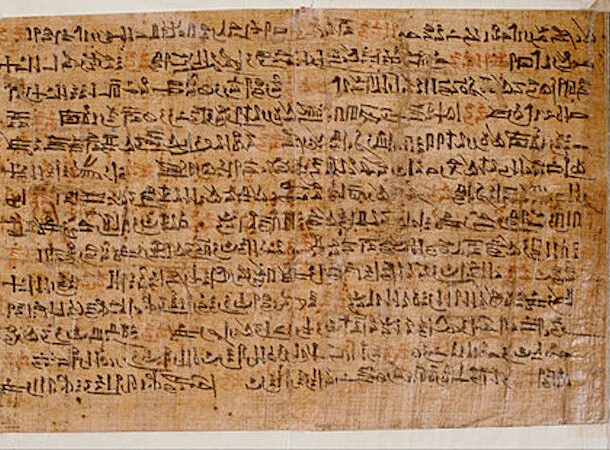 https://en.wikipedia.org/wiki/Ipuwer_Papyrus
https://en.wikipedia.org/wiki/Ipuwer_Papyrus The Ipuwer Papyrus, also known as the Admonitions of Ipuwer, is an ancient Egyptian papyrus that contains a collection of poetic texts. It is believed to have been written during the Second Intermediate Period of Egypt, around the 17th century BC. The papyrus is a collection of laments and complaints, in which the author, the scribe Ipuwer, describes the chaos, suffering and social upheaval of his time.
The Battle of Isandlwana (1879 AD)
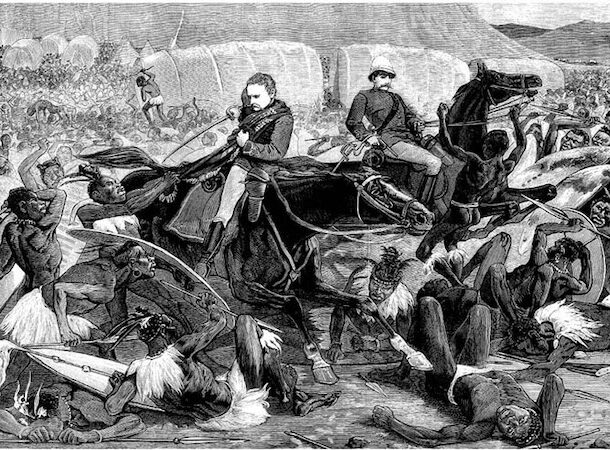 https://en.wikipedia.org/wiki/Battle_of_Isandlwana#/media/File:Isandlwana.jpg
https://en.wikipedia.org/wiki/Battle_of_Isandlwana#/media/File:Isandlwana.jpg The Battle of Isandlwana was a significant military engagement that took place on January 22, 1879, during the Anglo-Zulu War. The battle was fought between the British army, led by Lord Chelmsford, and the Zulu army, led by King Cetshwayo.
The Battle of Isandlwana was a crushing defeat for the British army. Over 1,300 British soldiers were killed, and the camp was overrun by the Zulu warriors. The defeat was a shock to the British Empire and marked one of the worst defeats in the history of the British army.
The St. Francis Dam disaster (1928 AD)
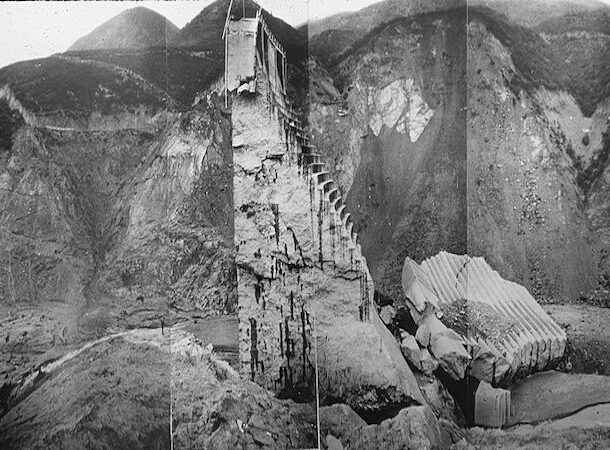 https://en.wikipedia.org/wiki/St._Francis_Dam
https://en.wikipedia.org/wiki/St._Francis_Dam The St. Francis Dam disaster was a catastrophic failure of the St. Francis Dam in California, United States, on March 12, 1928. The dam was built to provide water and hydroelectric power to the city of Los Angeles and the surrounding areas, but it failed just two years after its completion.
The failure caused the release of a large amount of water, which flooded the towns and villages downstream, killing over 450 people and causing extensive property damage.
The Great Emu War (1932 AD)

The Great Emu War began in November of 1932, when the Australian government deployed soldiers and machine guns to the Campion district of Western Australia in an effort to control the emu population.
Despite initial success, the campaign quickly proved to be ineffective as the emus outsmarted the soldiers, evading their gunfire and adapting to their tactics. The campaign was called off in December of that year, after only a few weeks of fighting.
The Battle of Nördlingen (1634 AD)
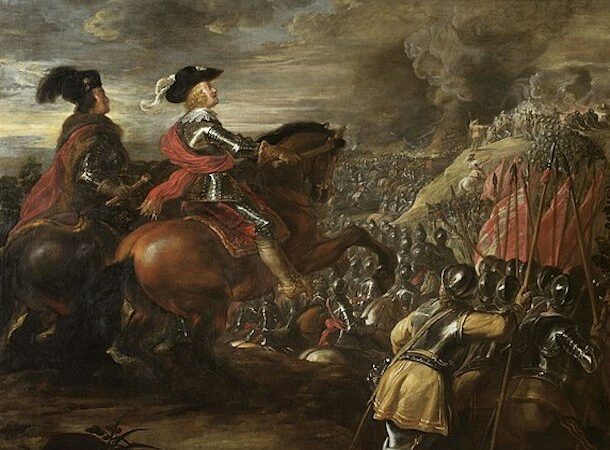 https://en.wikipedia.org/wiki/Battle_of_N%C3%B6rdlingen_%281634%29
https://en.wikipedia.org/wiki/Battle_of_N%C3%B6rdlingen_%281634%29 The Battle of Nördlingen had a significant impact on the Thirty Years’ War and the European politics of the time. It marked the end of the Swedish military expansion in the Holy Roman Empire, and it also led to the eventual signing of the Treaty of Prague in 1635, which ended the war and established the balance of power in Europe.
This battle is considered one of the most important events of the Thirty Years’ War and is an event that many people may not know of, but it played a significant role in shaping the history of Europe.
The Revolt of the Comuneros (1520-1521 AD)
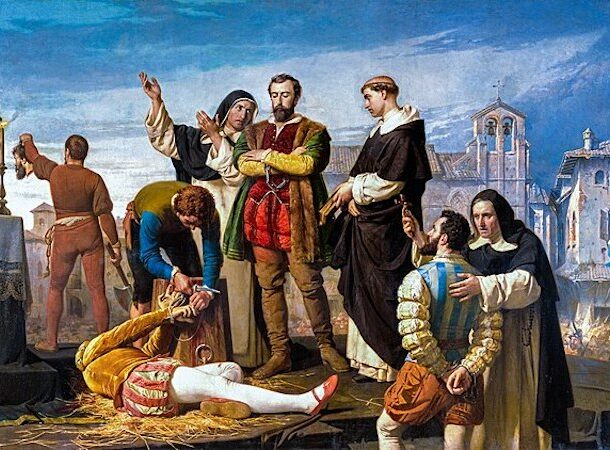 https://en.wikipedia.org/wiki/Revolt_of_the_Comuneros
https://en.wikipedia.org/wiki/Revolt_of_the_Comuneros The Revolt of the Comuneros, also known as the War of the Communities, was a rebellion that took place in the Kingdom of Castile, present-day Spain, between 1520 and 1521. It was sparked by the discontent of the local communities, known as comunidades, with the centralizing policies of the royal government, which they saw as a threat to their traditional rights and privileges.
The rebellion was led by a group of nobles and local leaders, who formed an alliance to resist the centralizing policies of the royal government. The rebellion spread quickly throughout Castile, and the comuneros were able to capture several cities, including Toledo and Tordesillas.
The Bolshevik Revolution (1917 AD)
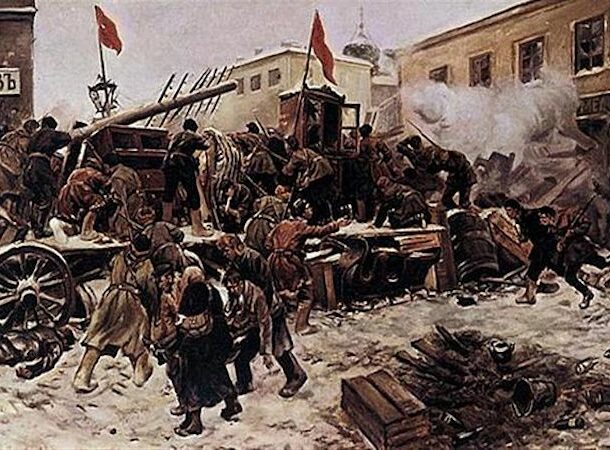 https://en.wikipedia.org/wiki/Moscow_uprising_of_1905
https://en.wikipedia.org/wiki/Moscow_uprising_of_1905 The Bolshevik Revolution, also known as the October Revolution, was a political revolution that took place in Russia in 1917. It was led by Vladimir Lenin and the Bolshevik Party, who overthrew the Provisional Government and established a socialist government in Russia.
The revolution was sparked by a combination of factors, including economic hardship, political unrest, and dissatisfaction with the leadership of the Provisional Government, which had taken power after the overthrow of the Tsar in the February Revolution earlier that year.
The Battle of Waterloo (1815 AD)
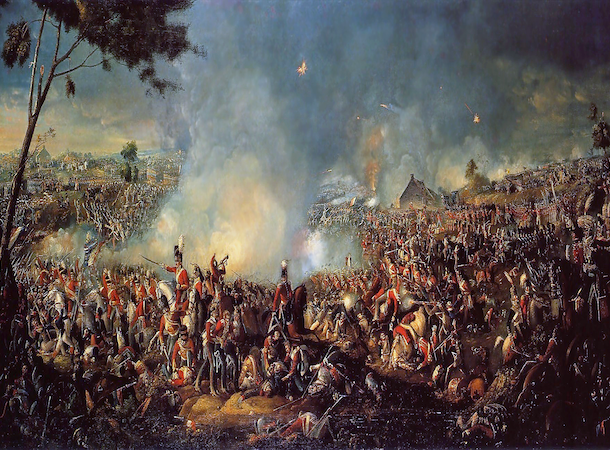 https://en.wikipedia.org/wiki/Battle_of_Waterloo
https://en.wikipedia.org/wiki/Battle_of_Waterloo The Battle of Waterloo is considered one of the most important events in the history of Europe and the world. It marked the end of the Napoleonic era, and it also led to the restoration of the Bourbon monarchy in France.
It also had a lasting impact on the balance of power in Europe and the world, as it led to the emergence of a new order, where the great powers of Europe sought to maintain a balance of power, and prevent the emergence of any single dominant power.
The French Revolution (1789-1799 AD)
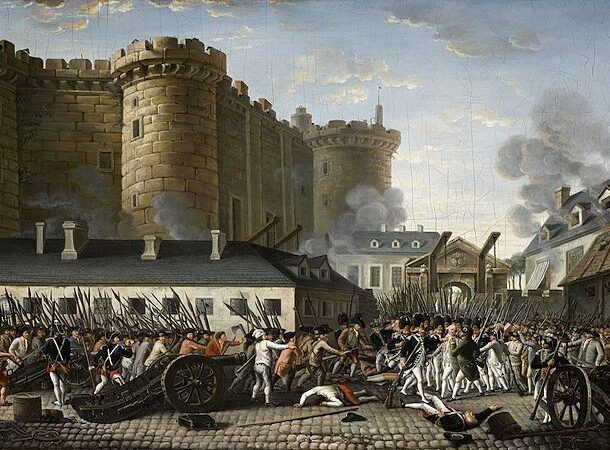 https://en.wikipedia.org/wiki/French_Revolution
https://en.wikipedia.org/wiki/French_Revolution The French Revolution was a period of political and social upheaval that occurred in France between 1789 and 1799. It was a time of radical change in France, marked by the collapse of the monarchy, the rise of democracy, and the Reign of Terror.
The French Revolution was sparked by the financial crisis and the discontent of the people towards the monarchy and the privileged classes. The Revolution was marked by several key events, including the storming of the Bastille in 1789, the execution of King Louis XVI in 1793, and the rise of Napoleon Bonaparte.
The Salem Witch Trials (1692 AD)
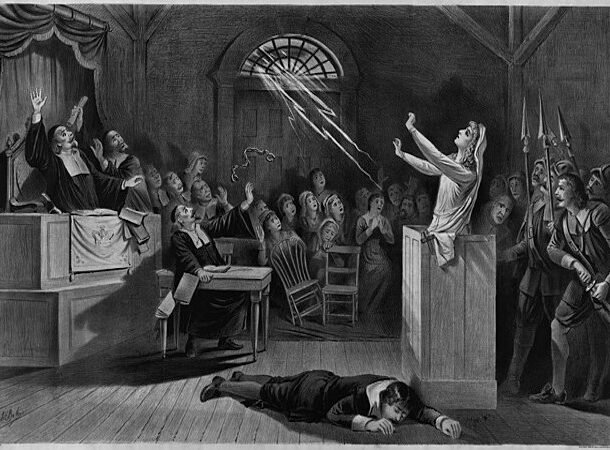 https://en.wikipedia.org/wiki/Cultural_depictions_of_the_Salem_witch_trials
https://en.wikipedia.org/wiki/Cultural_depictions_of_the_Salem_witch_trials The Salem Witch Trials were a series of events that took place in the Massachusetts Bay Colony in 1692 and 1693. The trials were a result of a moral panic that emerged in the town of Salem, where a group of young girls claimed to be possessed by the devil and accused several local residents of witchcraft.
The execution of King Charles I of England (1649 AD)
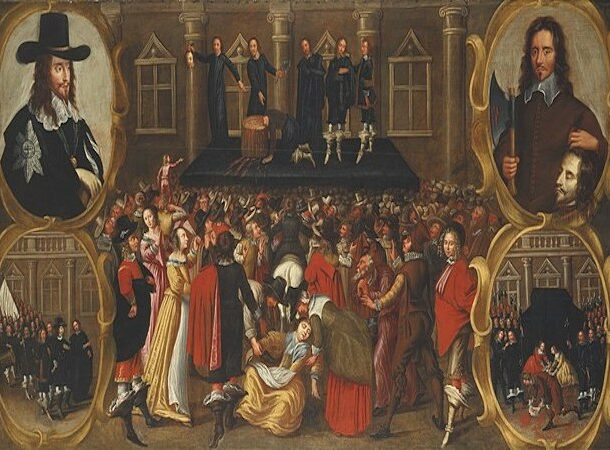 https://en.wikipedia.org/wiki/Execution_of_Charles_I#/media/File:The_Execution_of_Charles_I_of_England.jpg
https://en.wikipedia.org/wiki/Execution_of_Charles_I#/media/File:The_Execution_of_Charles_I_of_England.jpg The execution of King Charles I of England was a significant event that occurred in 1649 AD. Charles I was the King of England, Scotland and Ireland, who ruled from 1625 to 1649. During his reign, Charles I had a tumultuous relationship with his parliament and the country was plagued by political and religious turmoil. In 1642, the country descended into a civil war between the Royalist forces, led by Charles I, and the Parliamentarian forces, led by Oliver Cromwell.
The Black Death (1346-1353 AD)

The Black Death, also known as the Bubonic Plague, was a devastating pandemic that swept through Europe, Asia, and Africa in the 14th century. The disease is believed to have originated in Central Asia and was spread by fleas that infested rats. It was transmitted to humans through flea bites, and it caused symptoms such as fever, swollen lymph nodes, and death.
The Magna Carta (1215 AD)
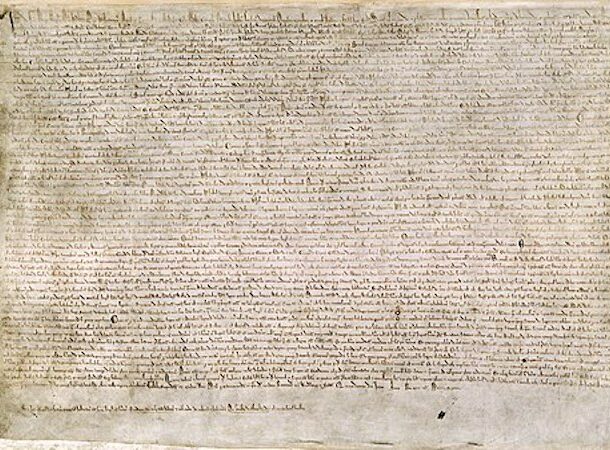 https://en.wikipedia.org/wiki/Magna_Carta
https://en.wikipedia.org/wiki/Magna_Carta The Magna Carta, also known as the Great Charter, was a document signed by King John of England in 1215 AD. The Magna Carta was a set of agreements made between the king and his barons, the feudal lords of the country, which established basic rights and protections for the barons and the wider population. It limited the power of the king and established the principle that everyone, including the king, was subject to the law.
The Fall of the Han Dynasty (220 AD)

The Fall of the Han Dynasty was a period of political and social upheaval in China that occurred between the years of 189 and 220 AD. The Han dynasty had been in power for over 400 years and had been one of the most stable and prosperous dynasties in Chinese history. However, towards the end of its rule, it was plagued by internal conflicts, economic instability, and invasions by barbarian tribes.
The Edict of Milan (313 AD)
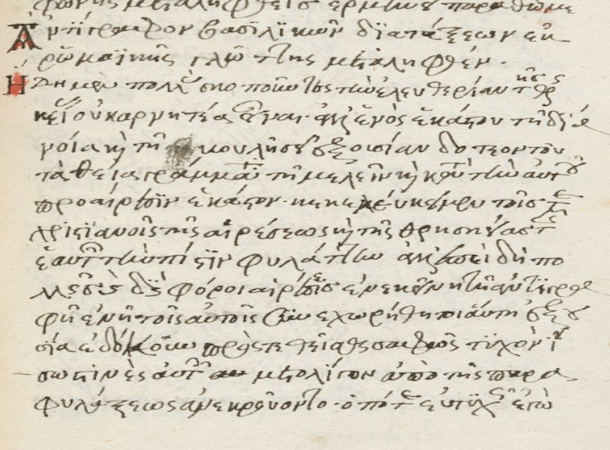 http://omeka.wellesley.edu/piranesi-rome/exhibits/show/arch-for-constantine/constantine#:~:text=In%20313%20CE%2C%20Emperor%20Constantine,government%20was%20still%20actively%20persecuting
http://omeka.wellesley.edu/piranesi-rome/exhibits/show/arch-for-constantine/constantine#:~:text=In%20313%20CE%2C%20Emperor%20Constantine,government%20was%20still%20actively%20persecuting The Edict of Milan was a document issued in 313 AD by the Roman Emperors Constantine the Great and Licinius, which granted religious tolerance to Christians in the Roman Empire.
Prior to this, Christianity had been heavily persecuted by the Roman government, and its followers were often subject to imprisonment, torture, and execution. The Edict of Milan changed this by granting Christians the freedom to practice their religion without fear of persecution.
The Great Fire of Rome (64 AD)
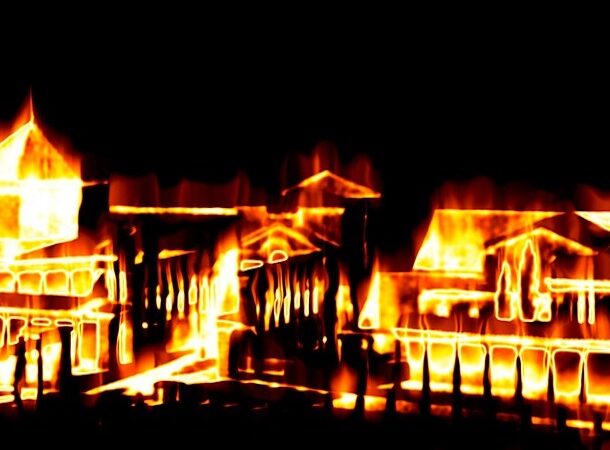 http://www.eyewitnesstohistory.com/rome.htm
http://www.eyewitnesstohistory.com/rome.htm The Great Fire of Rome was a devastating fire that broke out in the city of Rome in 64 AD. The exact cause of the fire is not known, but it is believed to have been caused by a combination of factors, including a severe drought and a series of small fires that spread quickly through the densely populated city.
The fire, which lasted for six days, destroyed much of the city, including many of its most famous buildings and landmarks. Many people were killed or left homeless as a result of the disaster.
The Battle of Adrianople (378 AD)
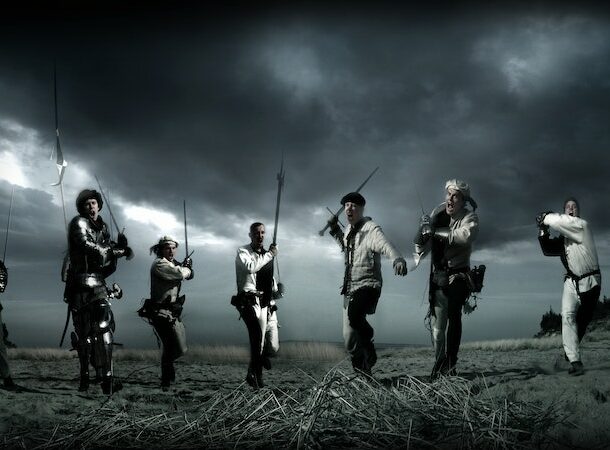 https://en.wikipedia.org/wiki/Battle_of_Adrianople
https://en.wikipedia.org/wiki/Battle_of_Adrianople The Battle of Adrianople, which took place in 378 AD, was a significant military conflict between the Eastern Roman Empire and the Visigoths. At the time, the Visigoths were a Germanic tribe that had been displaced from their homeland by the Huns and were seeking a new place to settle. They had been granted permission by the Roman Empire to settle within the empire’s borders, but tensions between the two groups soon escalated.



























